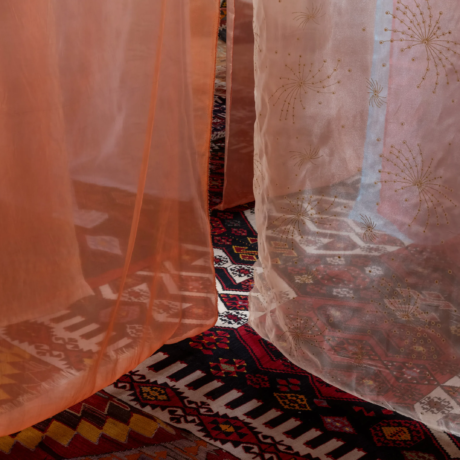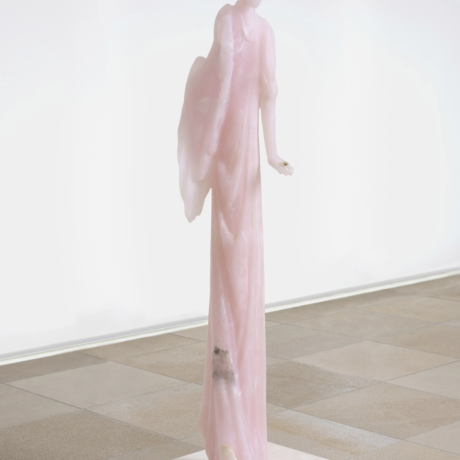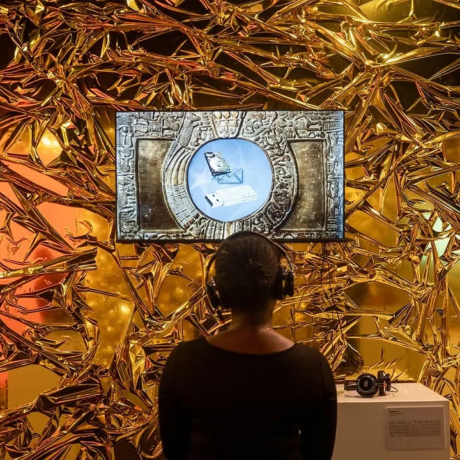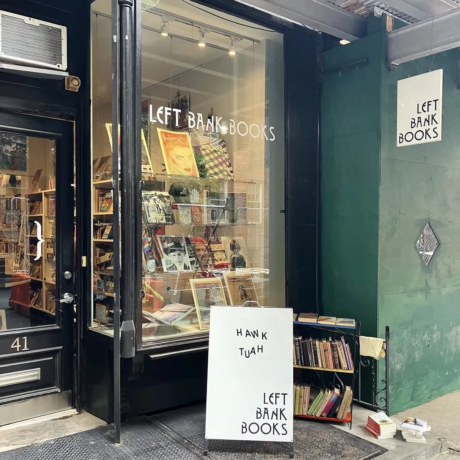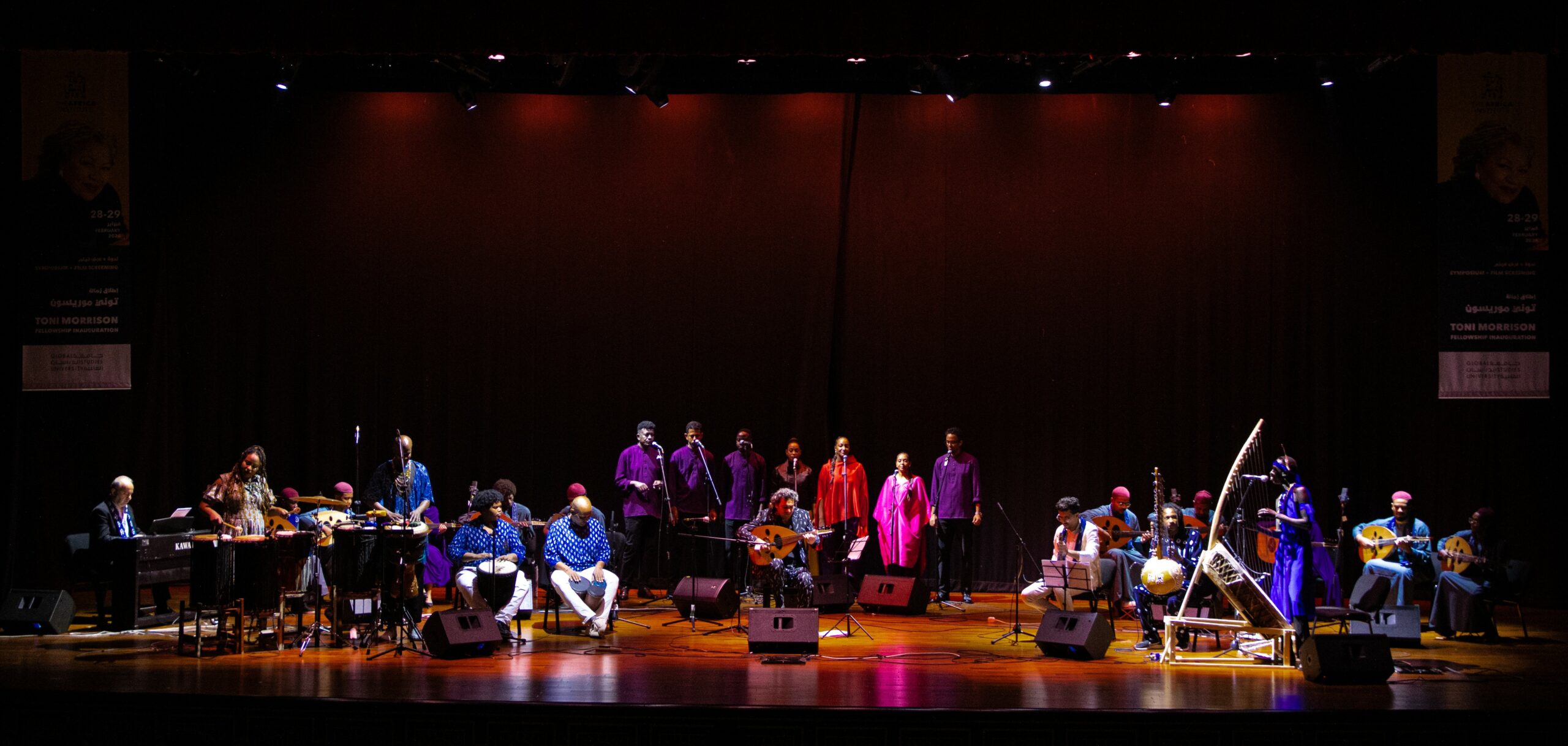
It’s a balmy morning in Dubai when I land in the United Arab Emirates for the first time. A cool breeze floats off the Persian Gulf along the Al Majaz waterfront, which is a stone’s throw from my hotel in Sharjah. Overhead, hundreds of birds circle the bay in an elaborate dance. After a 12-hour flight from JFK on Emirates Airlines and a short drive to Sharjah from Dubai, sans traffic – the traffic in Dubai is notoriously horrible – I’m surprisingly well rested and ready to attend the two-day symposium for the inaugural Toni Morrison literary fellowship hosted by The Africa Institute. Speakers include architect and son of Toni Morrison, Ford Morrison; Farah Jasmine Griffin, professor of English and Comparative Literature and African American Studies at Columbia; Riché Richardson, professor of African American literature at Cornell; and inaugural Fellow, Philathia Bolton, associate professor of English at the University of Akron, Ohio, among other distinguished academics.
Since its inception in 2018, The Africa Institute has dedicated itself to the study, research, and documentation of Africa and the African diaspora. As a research-based think-tank, the interdisciplinary institute seeks to train the next generation of critical thinkers and academic professionals in the field of African diaspora studies. Formally established in 2018, The Africa Institute’s history dates to the 1970s. In 1976, the UAE hosted the first cultural and political event of its kind, bringing together more than 40 scholars representing the African and Arab world to discuss cultural exchange in the region.
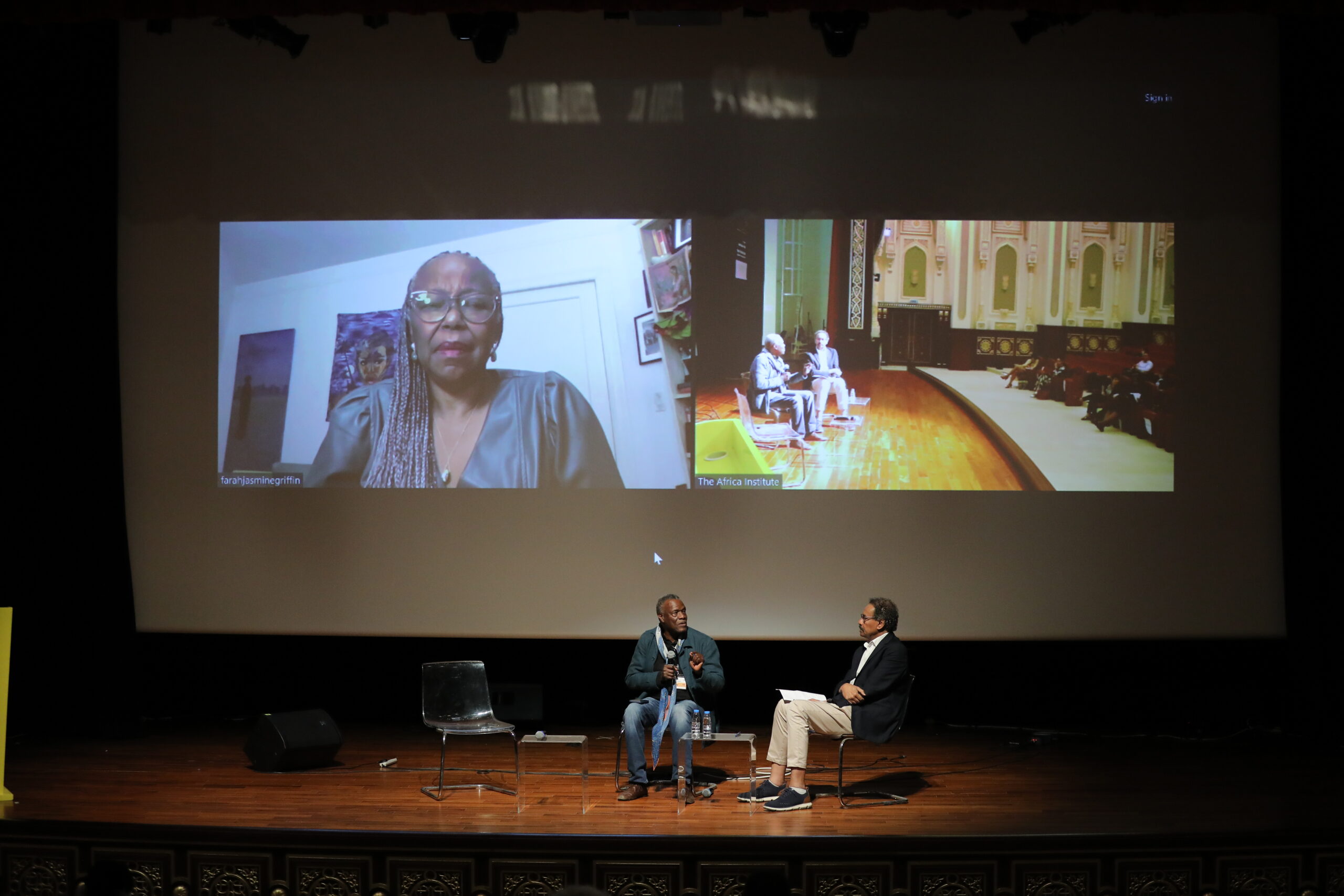
During the two-day symposium, which began the day after my arrival, academics, writers, and professors from across the field of African and African American studies shared their insights into the transformative and generative work of literary titan Toni Morrison. Bolton, who draws inspiration from Morrison’s teachings in her curriculum at the University of Akron, reflected on the fellowship, “my great respect and love for the works of Toni Morrison, along with research support I would receive from The Africa Institute, drew me to the fellowship. I love the idea of there being a fellowship titled after Toni Morrison at “The Africa Institute” in the United Arab Emirates, considering Morrison’s affinity for African writers, her consistent and unflinching commitment to Black culture and readership, and the international acclaim she would go on to receive.”
The spirit of Morrison entered the Africa Hall as I sat in a dimly lit auditorium when Toni Morrison: The Pieces I Am, began to play on a large screen. The documentary takes an intimate look at Morrison’s life as told by the author and fellow friends and colleagues, including Oprah Winfrey, author and political activist Angela Davis, poet and professor Sonia Sanchez, and others. The film traces the life of Morrison and the indelible mark she left on not only American literature and Black culture but also the ways in which she motivated and advocated for other critical thinkers to tell their own stories. As revealed in the film, while working as an editor for random house publishing, Morrison encouraged Angela Davis and Muhammad Ali to write their autobiographies.
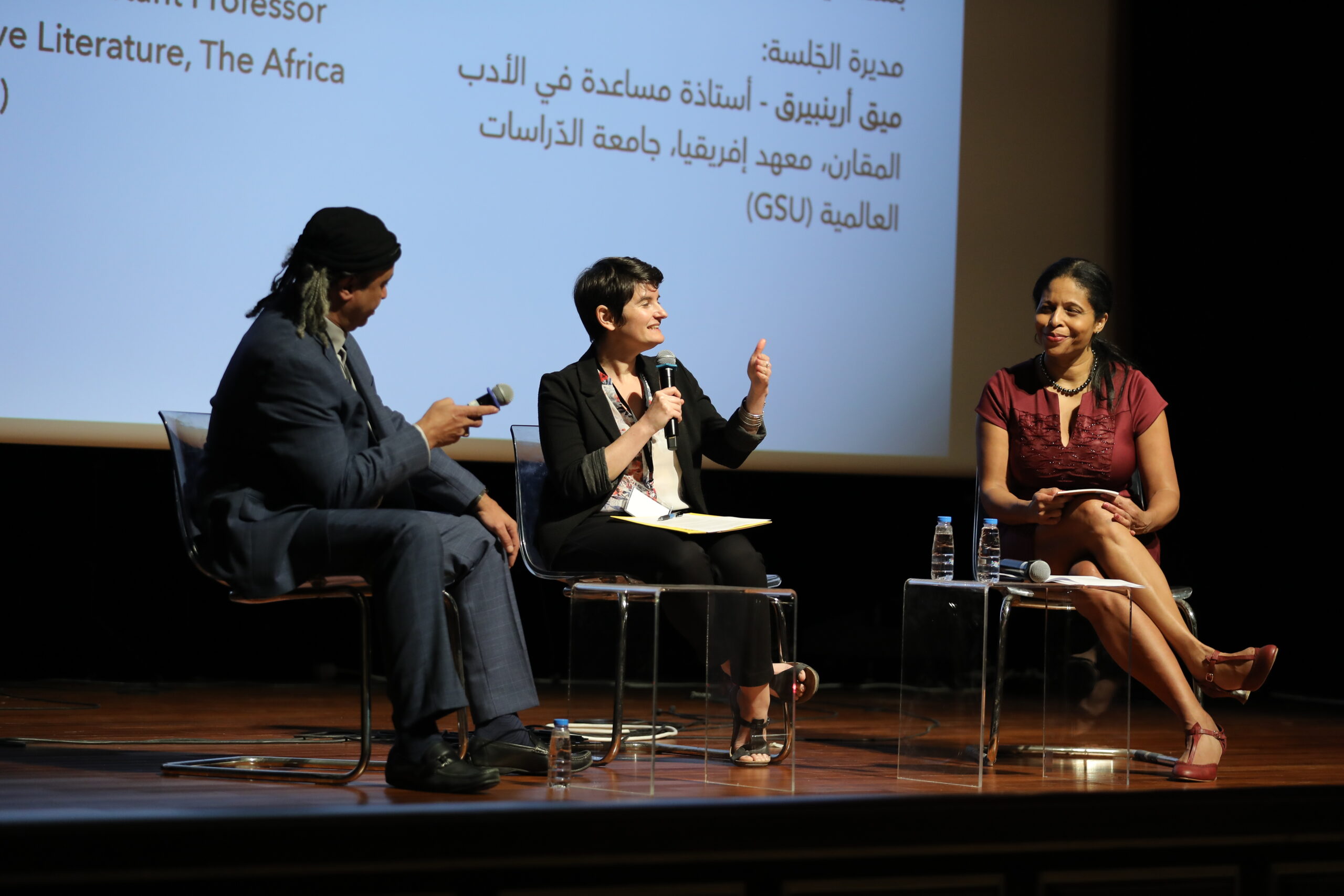
During day two of the symposium, inaugural fellow Bolton provided opening remarks ahead of the screening of Toni Morrison: The Pieces I Am, and Riché Richardson shared a short reading after the film played. My only gripe? Instead of a long, engaging discussion on the life and legacy of Morrison, inaugural fellow Bolton and Professor Richardson read and delivered prewritten addresses before a short panel with The Africa Institute’s own Surafel Wondimu Abebe, Assistant Professor of Performance Studies and Theory, The Africa Institute. For me, this left much to be desired by way of critical discourse.
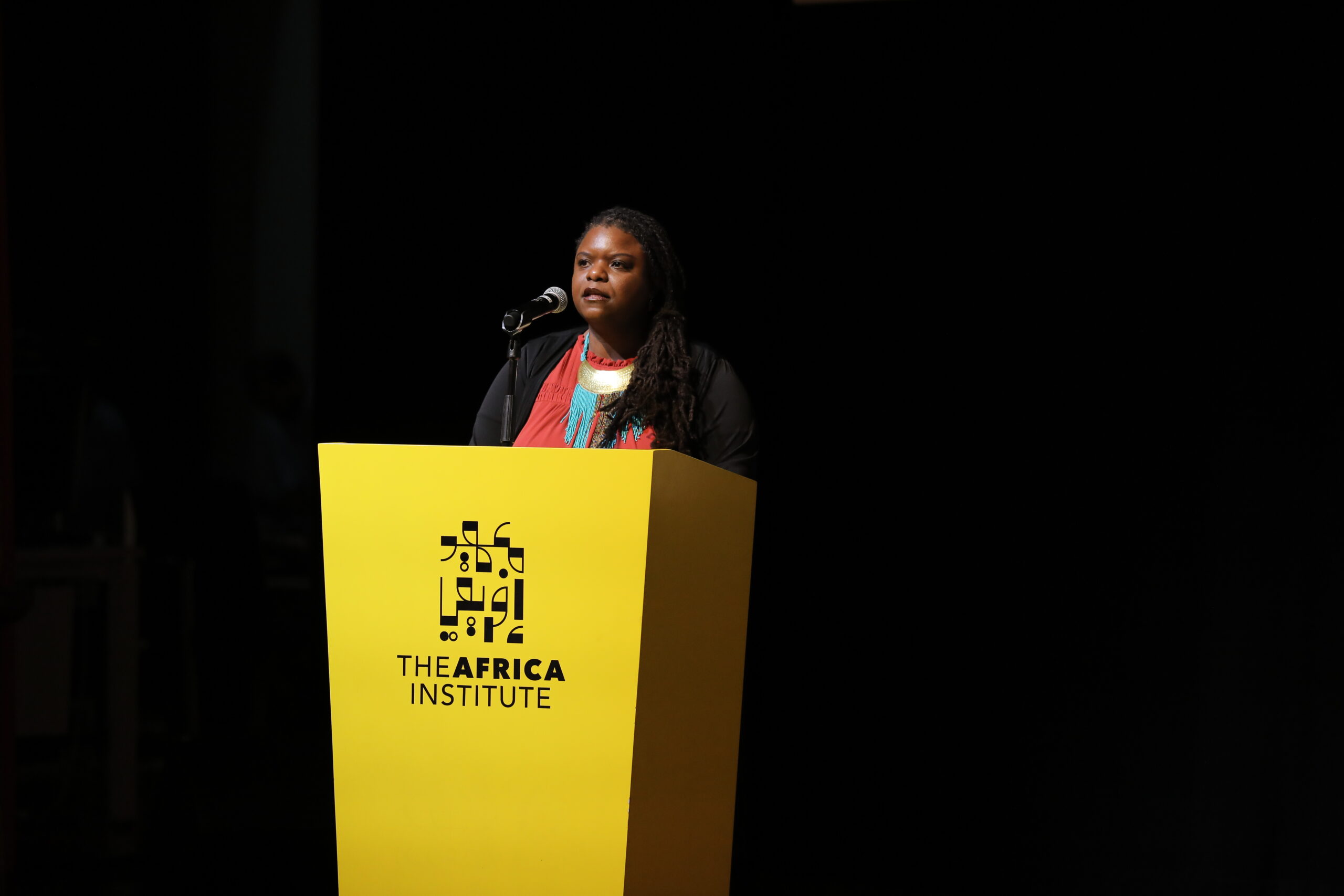
Following the two-day symposium that brought together curators, arts writers, and academics from nearly every continent, I’m reminded that The Africa Institute is the only institution of its kind in the Gulf. Spearheading global conversations in the region on arts and culture in a nation where the majority of its inhabitants are foreign-born, the importance of historical record keeping and cultural production is more relevant now than ever. In remembering the life and legacy of Toni Morrison, a line shared from The Source of Self-Regard, a collection of essays and speeches, by the director of the Africa Institute, Salah M. Hassan, comes to mind: “A writer’s life and work are not a gift to mankind, they are its necessity.”
Written by Folasade Ologundudu
